-

Tuna - loss of habitat
Since European settlement there have been many changes in land use in New Zealand, with large forested areas having been cleared for human habitation and agriculture. -

Tuna - pressures on New Zealand populations
Freshwater eel populations around the world are in steep decline. -

Tuna - growth
New Zealand longfins are one of the largest eel species in the world, and have been recorded at sizes of almost 2 m in length and more than 50 kg in weight. -
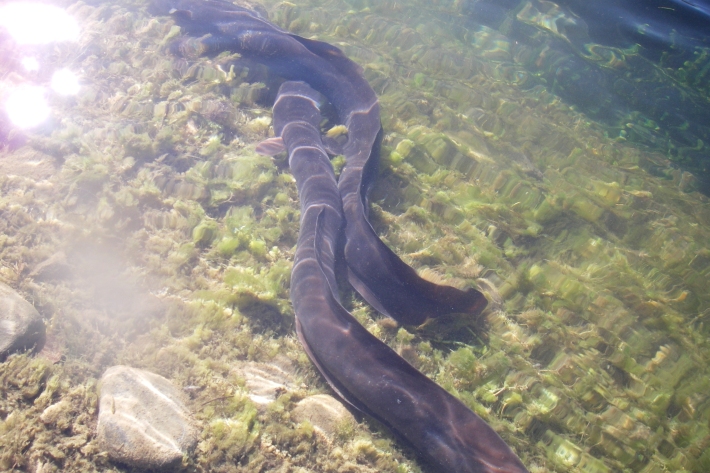
Tuna - biology and ecology
Freshwater eels have an unusual life cycle which sees them travelling between the ocean, estuaries and freshwaters. -

Customary fisheries management tools
Examples of customary fisheries management tools. -
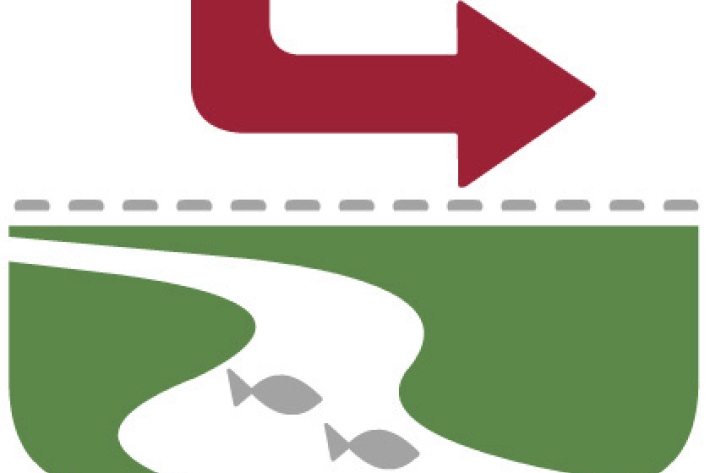
Mitigation
Simple steps to minimise the effects of infectious substances on water quality and mahinga kai. -

Mitigation and best practice options
Here are some simple steps to minimise the effects of forestry activities on water quality and mahinga kai. -
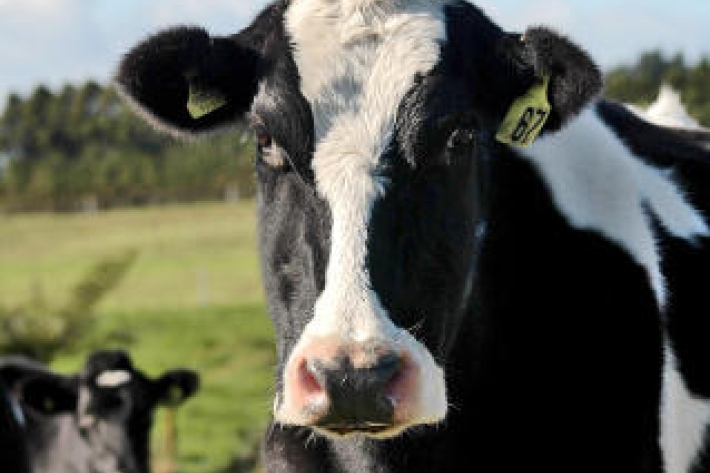
Dairy
Dairy farms produce milk and milk products that supply both the domestic and the overseas export markets. -
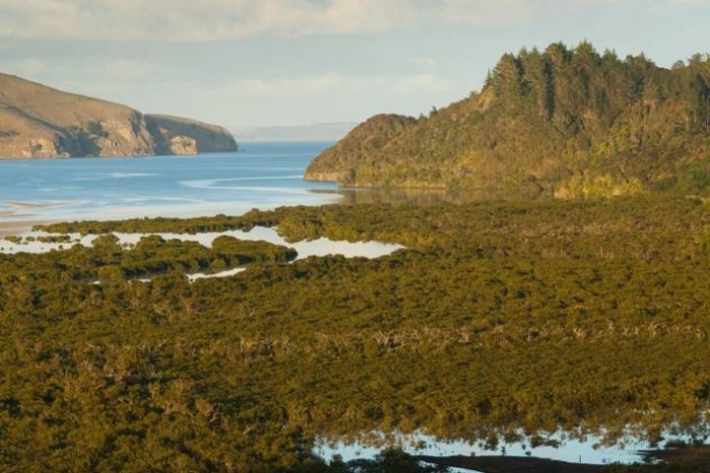
Ngā Waihotanga Iho - Iwi estuarine monitoring toolkit
Research ProjectNgā Waihotanga Iho, the estuarine monitoring toolkit for Iwi, has been developed to provide tangata whenua with tools to measure environmental changes in their estuaries. While Ngā Waihotanga Iho is based on sound science principles, it is also underpinned by tangata whenua values. -
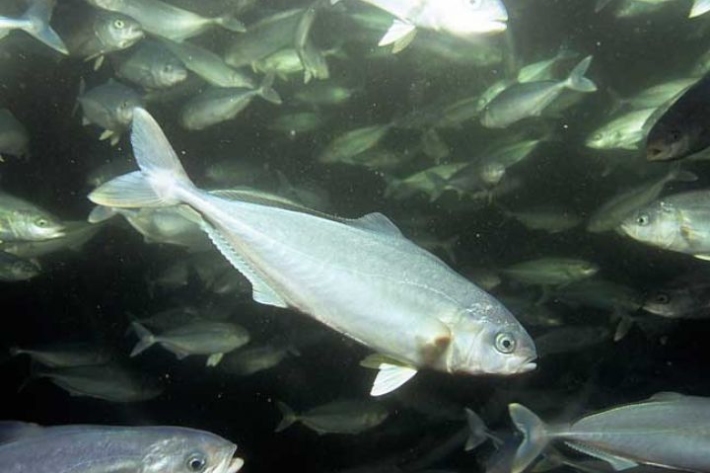
Mātauranga Māori and sustainable management of New Zealand fisheries
Research ProjectUsing a collaborative case study approach, the aim of this project is to assist tangata whenua to bring together different, yet complementary knowledge systems - distinct Māori knowledge and conventional fisheries and ecosystem information.
